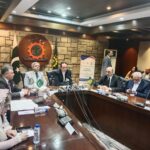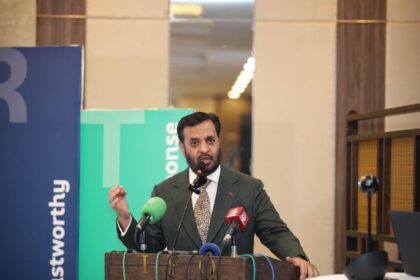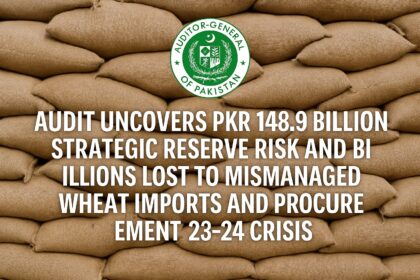UN Women Pakistan highlighted a major discussion at the Regional Forum in Nepal where Pakistani legislator Dr. Sharmila Faruqi and UNICEF Deputy Representative Dr. Sharmeela Rassool exchanged ideas on how regional cooperation and policy innovation can accelerate progress on gender equality, child rights, and inclusive development across South Asia. Their conversation underscored the importance of collaborative approaches to building equitable societies that leave no one behind.
The forum brought together policymakers, development practitioners, and regional stakeholders to address shared challenges in South Asia. Against that backdrop, the exchange between Dr. Faruqi, a Member of the National Assembly of Pakistan, and Dr. Rassool served as a focal point for conversations on coordinated action and policy alignment across countries.
During their dialogue, the two speakers explored how cross-border cooperation, shared learning, and innovative policy solutions can strengthen protections for women and children and promote inclusive growth. They highlighted the need for integrated strategies that combine legal reform, social services, and community engagement to tackle structural inequalities.
Both leaders emphasized the value of partnerships between governments, multilateral agencies, and civil society to scale effective interventions and ensure accountability. They pointed to regional forums as important platforms for exchanging best practices, mobilizing resources, and harmonizing efforts to reach vulnerable populations.
The session concluded with a clear message: sustained collaboration across South Asian countries is essential to create stronger, more equitable societies. By working together and adopting forward-looking policies, the region can make meaningful gains in gender equality and child rights while ensuring that development benefits all segments of society.











